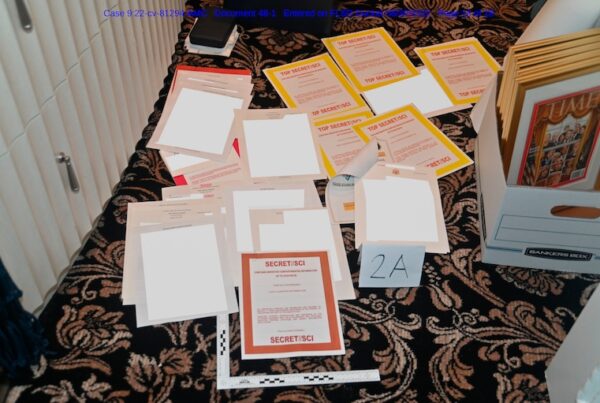Relying on several decades of experience interviewing job candidates, and as many years critiquing the process from the perspective of a public relations professional, here is a less obvious, somewhat random and hardly exhaustive list of considerations for drafting resumes and cover letters, and being interviewed.
Throughout the application process, your goal is to provide compelling evidence of your potential value to the employer. It is not enough to communicate your skills and experience, you must translate these attributes into practical value.
Begin by familiarizing yourself with your prospective employer’s website and other social media, as well as any news coverage. If possible, confer with professionals in the field to learn contemporary jargon, current affairs to mention or avoid, names to drop and so on.
RESUME
The purpose of a resume is to present your attributes as distinct benefits for the prospective employer. Anything else is a waste of valuable real estate or, worse, a distraction.
I never understood the practice of starting a resume with a personal goals statement. Who cares, except you, what your goals are? This is of no benefit to a prospective employer. In fact, if the goals reach beyond the position you’re applying for, it can raise red flags that you are an underachiever, over-qualified or worse.
The content that matters is Professional Experience. Only include those employers, positions and responsibilities that are relevant to the prospective position and employer.
Education should be included, but only emphasized if applicable to the position. Accept that your education becomes less important with each addition to Professional Experience.
COVER LETTER
Use the cover letter as a platform to showcase your personality, creativity, writing skills, research ability, and most importantly, to declare your prospective benefits and distinguishing attributes.
Express commendation rather than narcissism. Avoid starting paragraphs, even sentences with “I” and “My.” Rather than writing “I believe I am best qualified person for this position” try something along the lines of “The qualifications required to hit the ground running with this position match well with my background.” Or, instead of “I reviewed your website and like what you are doing“ consider “Your website offers interesting insight into the many facets and opportunities within your operation.”
INTERVIEW
The interview is your opportunity for show and tell: Show respect — always dress professionally. Balance self-confidence with curiosity. Be attentive and responsive; listen until asked to talk.
- Make a connection. Introduce yourself to everyone. A firm handshake shows confidence.
- Pay attention to the titles and responsibilities of the members of the panel. Then attempt to target responses and tailor compliments to each panelist.
- Bring a notepad and take brief, deliberate notes during the interview. It shows respect and flatters the interviewer or panelists.
- Bring copies of your resume and work samples, even though you emailed them earlier. (It’s remarkable, let alone disconcerting how often candidates’ submissions get misplaced.)
- Follow up with thank you emails immediately after the interview. Personalize brief notes to each participant, if it’s a panel. Also, send thank you emails to everyone who helps along the way, including advisors, references, even executive assistants/schedulers.
- Use the opportunity to ask questions to further demonstrate your interest in or knowledge of specific aspects of the business or field in general.
- Respond promptly to any requests for additional information.
- Preface requests for status updates (or initiate check-ins) with references to reports, news stories or ideas to demonstrate your continued interest.







All seems like common sense, but I’m as amazed as you by how few people know this stuff.
These suggestions lay out the perfect foundation for what should be a mandatory “Real World Prep” class for seniors at every college and university.
Quality advice. I can use this with my students.
So on target- I am sending to ALL my sons. Thanks Stuart!